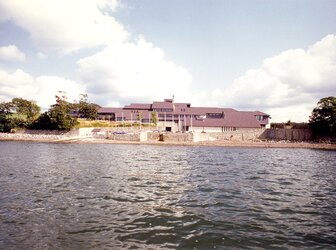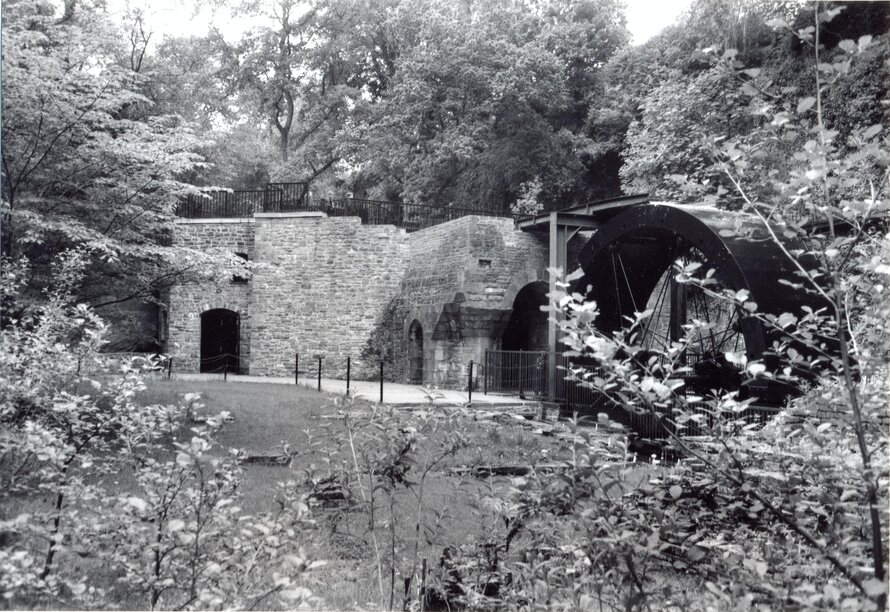Aberdulais Falls Waterwheel and Power Generation, Neath
The waterfall at Aberdulais has powered a series of productive processes over four centuries. Attracted by a plentiful supply of water, entrepreneurs exploited the natural energy to power a succession of industries. Possibly the Romans, who constructed a road near the south end ...
Read more
Project details
| Title: | Aberdulais Falls Waterwheel and Power Generation, Neath |
|---|---|
| Entr. year: | 1994 |
| Result: | Diploma |
| Country: | United Kingdom |
| Town: | Neath, West Glamorgan (Wales) |
| Category type: | architectural heritage |
| Building type/ Project type: | industrial heritage |
| Former use: | Tin works |
| Actual use: | Power generation, industrial monument, natural and cultural attraction, tourist attraction |
| Built: | 19th century |
| Architect / Proj.leader: | James & Nicholas, Consulting Engineers (Port Talbot - GB) |
| The Jury's citation: | "For the imaginative reconstruction of the significant archaeological and industrial site at Aberdulais Falls" |
| GPS: | 51°40'48.0"N 3°46'39.4"W |
| Web, Links: | www.nationaltrust.org.uk/aberdulais-tin-works-and-waterfall |
Description:
The waterfall at Aberdulais has powered a series of productive processes over four centuries. Attracted by a plentiful supply of water, entrepreneurs exploited the natural energy to power a succession of industries. Possibly the Romans, who constructed a road near the south end of the property, have already exploited water power. In the 16th century a copper works was established, under the management of the German copper melting specialist Ulrich Frosse, leading to the great copper working tradition of South Wales. Subsequent industries at the site included Corn Milling, Tucking, Dying and, from the 1830' s, the manufacture of tinplate. Abandoned towards the end of the century, the tinplate rolls and other machinery were removed and buildings fell into decay, allowing nature gradually to reclaim the site. Transformed under a cloth of oak woodland and ivy, it developed a mystical appearance, much visited by artists, and finally became lost and forgotten. In 1982 the National Trust embarked on a longterm conservation program to protect and preserve the natural beauty and the industrial remains of Aberdulais Falls. It had long been their desire to restore the water flow through the property, by exploiting environmentally friendly energy in a manner sympathetic to the historic and natural features. The project provided for the use of natural energy in four ways: the waterfall, a fish pass, the water-wheel and the turbine, combining new construction and modern technology with industrial archaeology, conservation and natural environment. Much attention has been paid to visitor access and presentation and the educational potential of the property has been increased by promoting the project to schools. The project has been an important achievement, restoring continuity and purpose to the site and demonstrating a commitment by the National Trust to innovation in conservation practice and resource management.
Similar projects
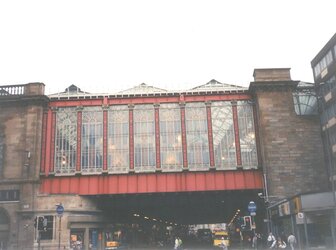
19th century
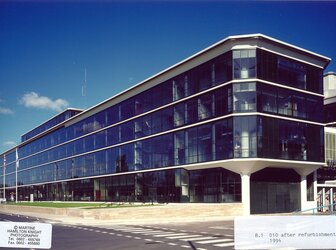
20th century
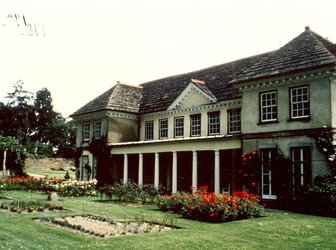
14th-18th century
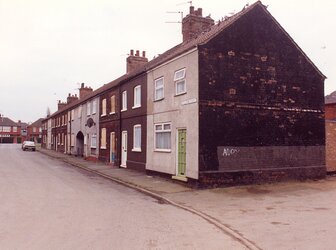
19th century
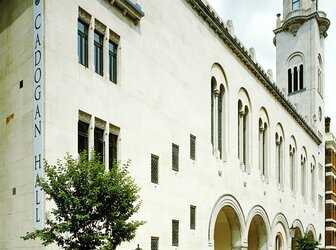
1904-1908

19th century
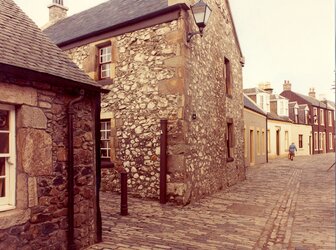
Middle Ages
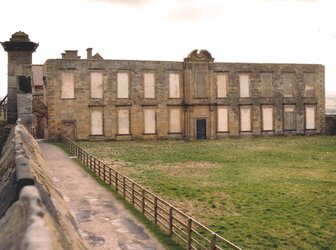
7th century
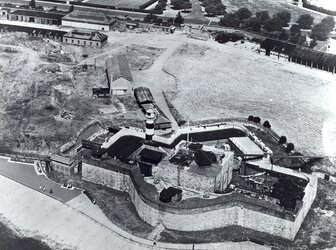
16th century
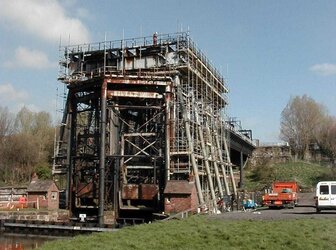
19th century
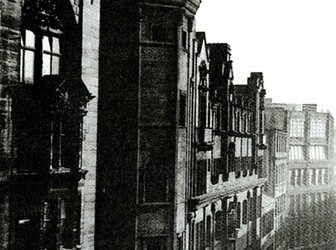
19th century
